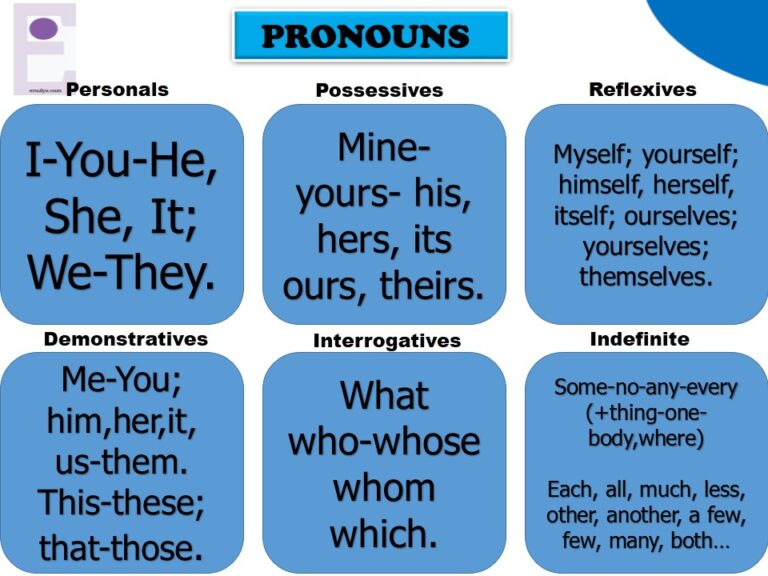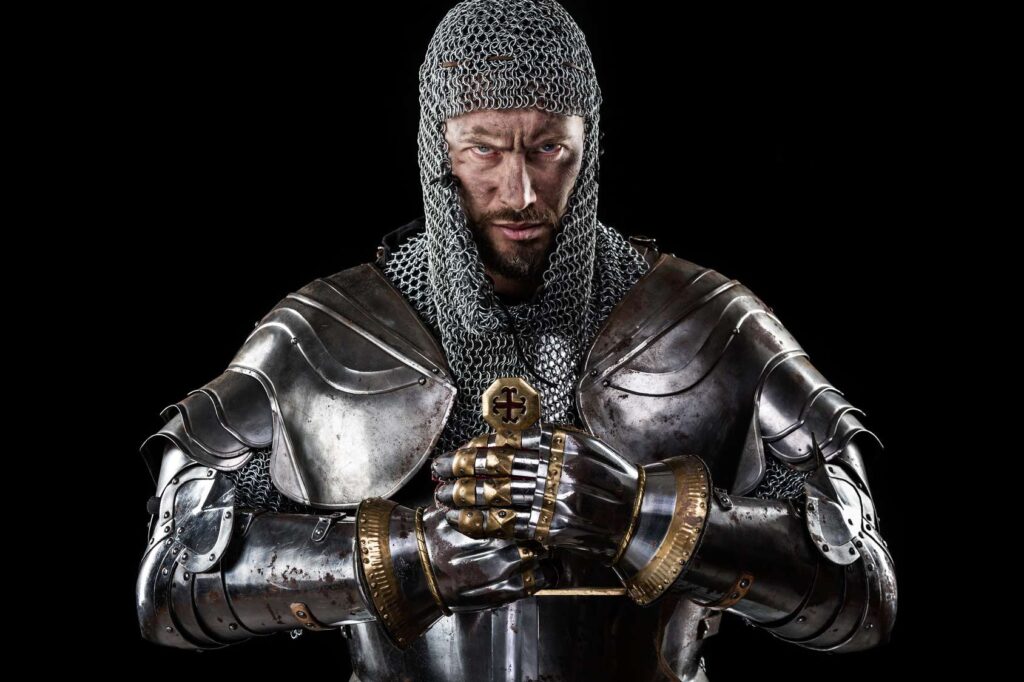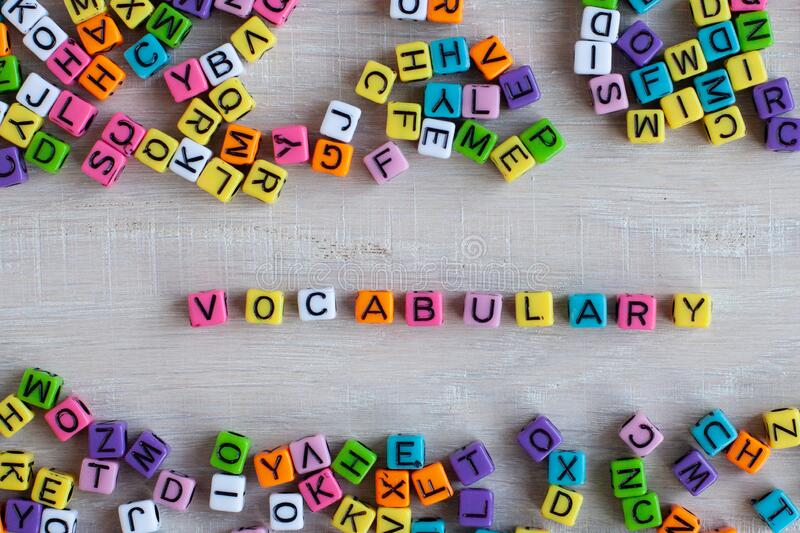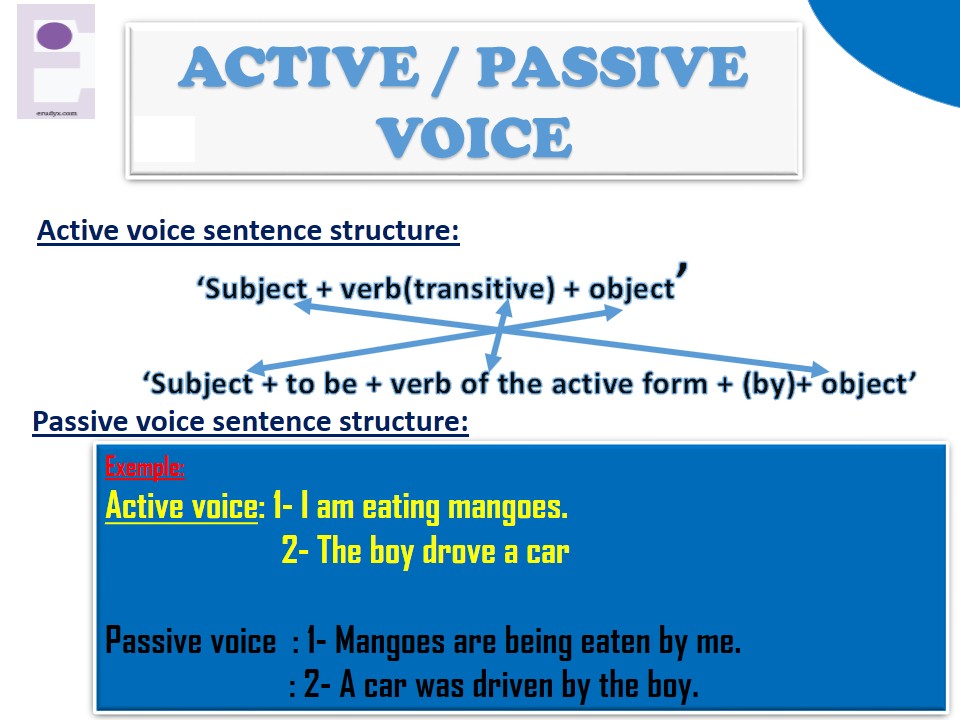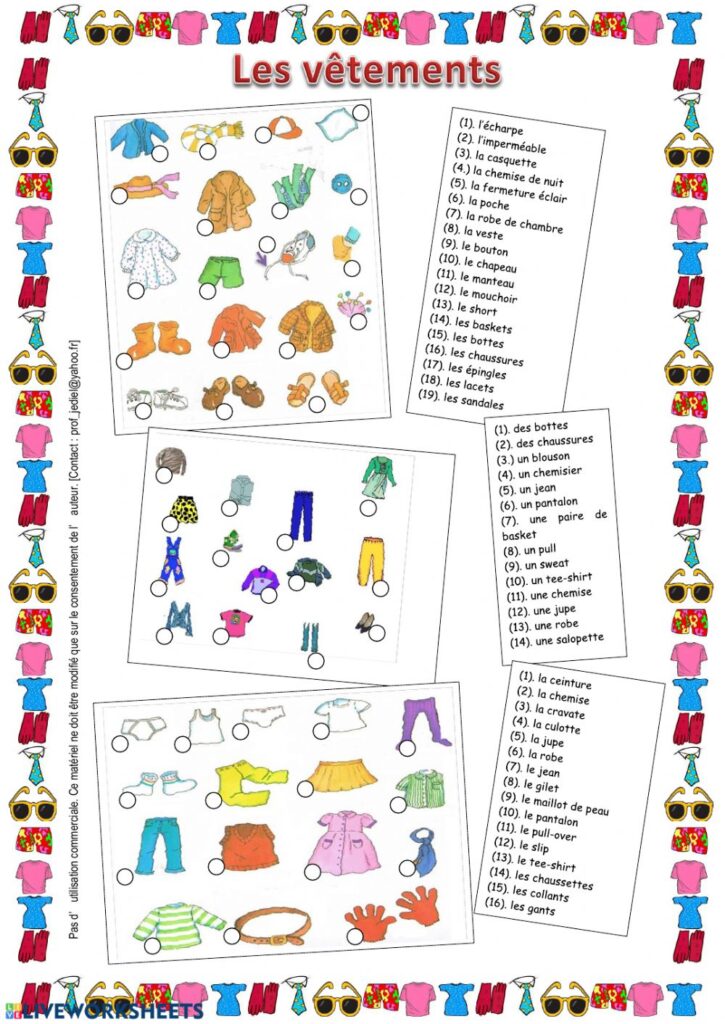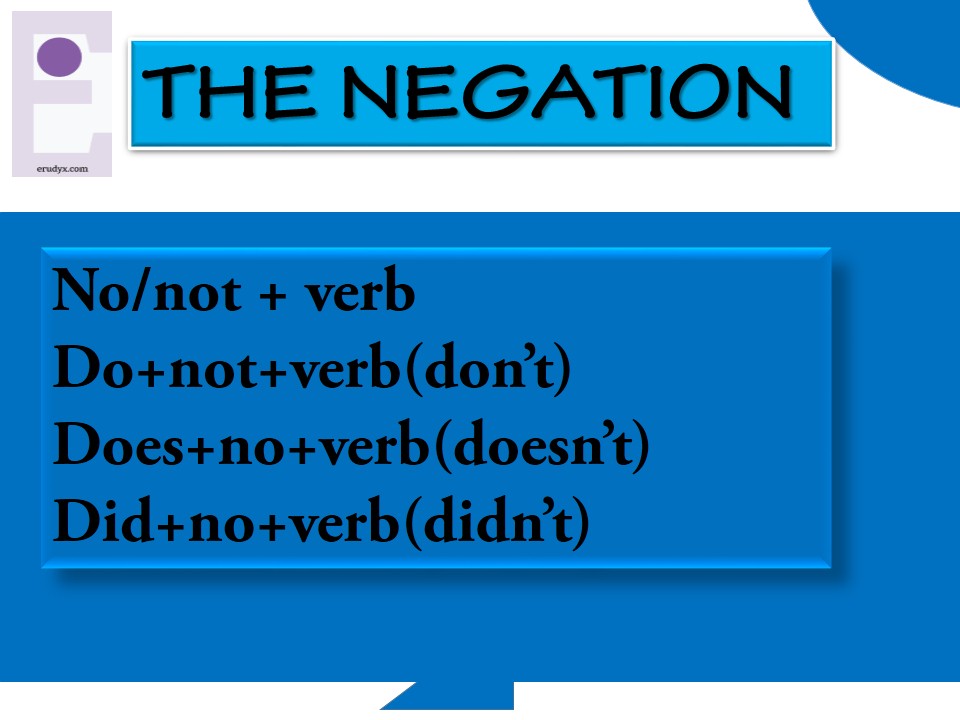Interrogative pronouns
They are often, pronouns starting by the letters wh. We can also name them the Wh-pronouns. Interrogative pronouns are used to ask questions; and consequently, the sentences resulting are called Wh-questions. There are five interrogative pronouns: what, who, whose, whom, and which.
Eg: Who is the owner of this pen?
What is your name?
Whose book is this?
Relative pronouns
They are used to link independent and subordinate clauses. We can thereby find that the clause which is a relative to them takes the name « Relative clause ». Relative pronouns define or identify a person or a thing we’re talking about. Relative pronouns are: who, which, whom, whose, that…
There are different ways in which we can use relative pronouns.
- When the subject is a person, we use who, or that
E.g : The woman who took my suitcase is my aunt.
or
The woman that took my suitcase is my aunt.
- When the subject is a thing, we use which or that.
E.g : Here is the village which was renewed last month.
or
Here is the village that was renewed last month.
- We can also use other pronouns when referring to a person…
E.g : This is the boy whose father died in the accident.
Indefinite pronouns
They do not refer to anything in particular. Indefinite pronouns are pronouns that are meant to hide the real information about the subject in question. The four main indefinite pronouns are some; no; any and every, which, combined with the words thing, one, body, and where another range of pronoun form.
The combination can produce pronouns like someone, somebody, everybody, anybody, anywhere, nothing…
Eg: Some of them weren’t seen. Somebody is cooking rice! Nothing is real!
Everybody came yesterday…
We also have some articles use as indefinite pronouns; most of them are either singular or plural. They are all, much, less, other, another, a few, few, many, both, each enough, either, neither…
Eg: All are reliable! I saw two boys; each was carrying a big load.
